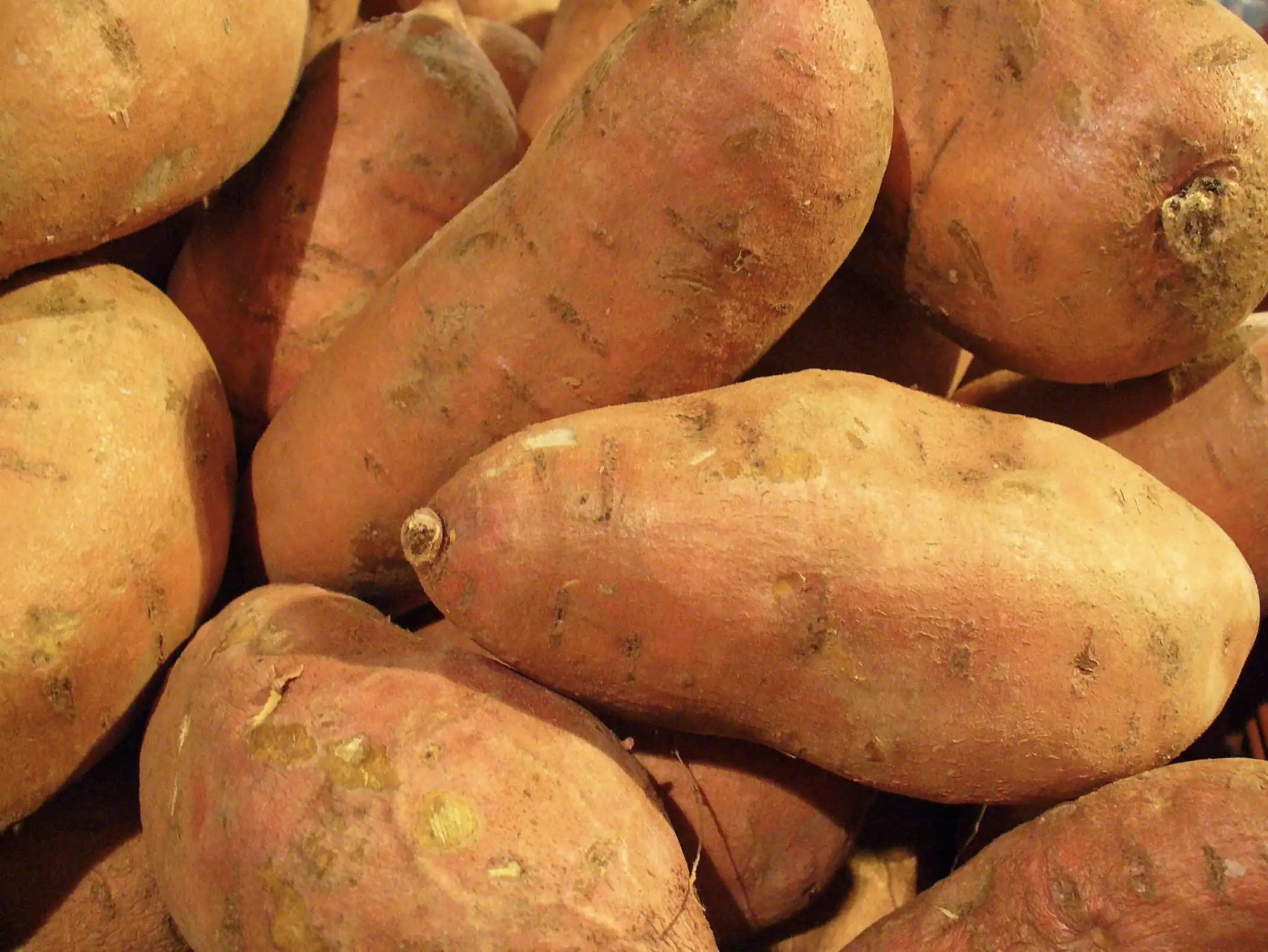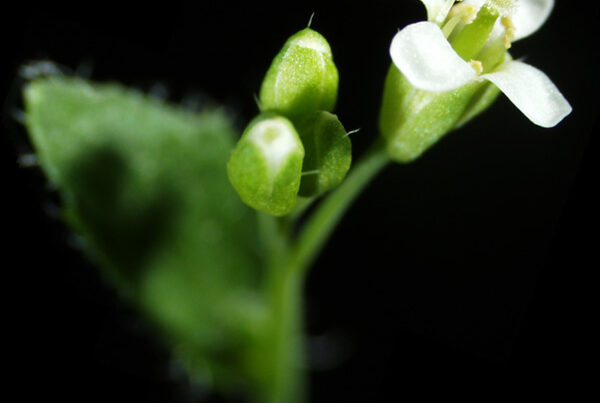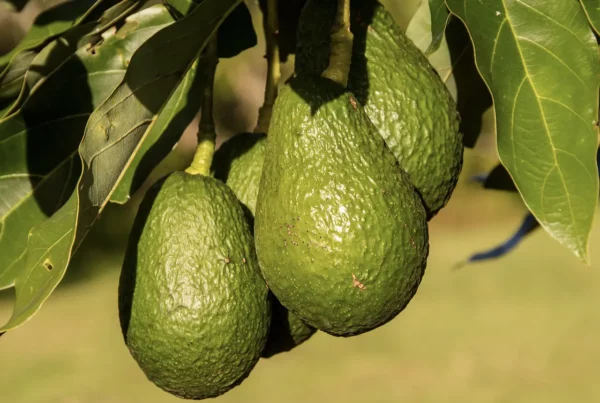Researchers with the U.S. Department of Agriculture (USDA)’s Agricultural Research Service (ARS) and Clemson University are developing new, insect-resistant, and weed-tolerant sweetpotato germplasm that will improve weed management and sustainability for this nutrient-packed vegetable.
The researchers, whose efforts appear in the journal Weed Technology, bred and selected fast-growing sweetpotato clones that have semi-erect to erect canopy architecture, resulting in upright plant growth. They identified two sweetpotato clones that had reduced weeds, exhibited broad insect resistance, and produced higher yields.
“Weed management is consistently ranked among the top priorities of the U.S. sweetpotato industry,” said Phillip Wadl, a research geneticist at ARS’s U.S. Vegetable Laboratory in Charleston, South Carolina.
“Breeding sweetpotatoes that are competitive with weeds offers a practical solution, because many widely grown sweetpotato cultivars tend to grow long vines in a sprawling manner, whereas sweetpotatoes with fast-growing upright and compact plant architecture can outcompete weeds.”
According to Wadl, spreading vine growth allows weeds to establish in areas where the plant canopy has not completely shaded the soil surface and can lead to the quick establishment of weeds.
“Failure to control weeds can result in yield losses,” said Wadl.
“Additionally,” he added, “the widely grown sweetpotato cultivars in the U.S. have low levels of resistance to soil-dwelling insect pests. For sustainable management of weeds and insect pests, combining insect resistance with a vigorous upright growth habit is necessary to ‘stack’ traits and develop varieties that exhibit erect, upright plant habit and resistance to insect pests.”
To manage weeds, sweetpotato growers typically use herbicides, between-row cultivation, mowing, and hand-weeding. However, each method has its drawbacks and is not always sustainable for crop production.
Researchers are taking another approach by looking at how other vining crops get upright plant growth.
“Compact bunch- or bush-type varieties have been developed for other traditionally vining crops such as bean, cucumber, winter squash and watermelon,” said Wadl. “For sweetpotato, a small number of bush-type cultivars already exist but are not resistant to insect pests.”
Wadl and the researchers plan to continue ongoing research to develop new insect-resistant germplasm in collaboration with Dr. Matthew Cutulle‘s vegetable weed science program at Clemson University‘s Coastal Research and Education Center.
“Reducing the critical weed-free period in a crop or the amount of time that a crop must remain weed-free to avoid yield loss is critical to the profitability of growers,” said Cutulle.
“The sweetpotato clones that are generated out of Dr. Wadl‘s program have improved plant architecture that decreases the critical weed-free period and increases the competitiveness of sweetpotato versus weeds.”
Read the paper: Weed Technology
Article source: US Agricultural Research Service
Author: Jessica Ryan








